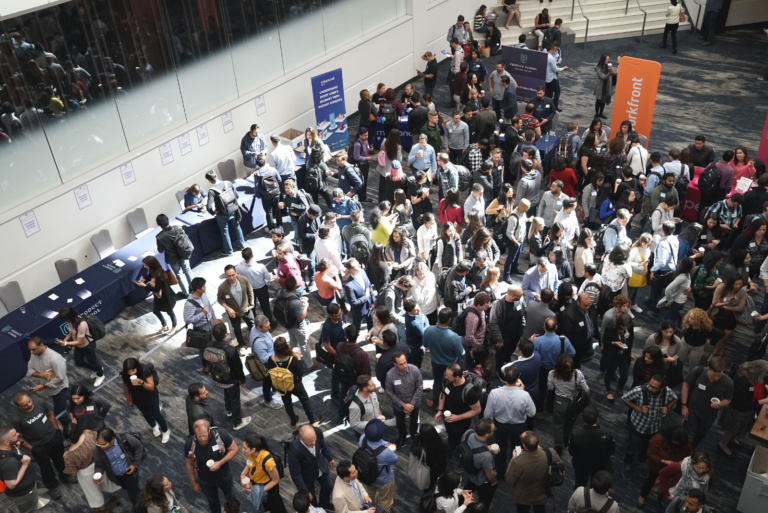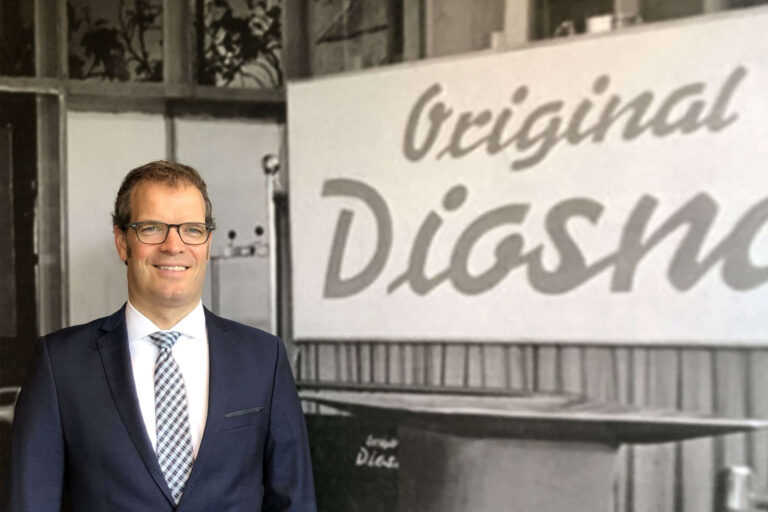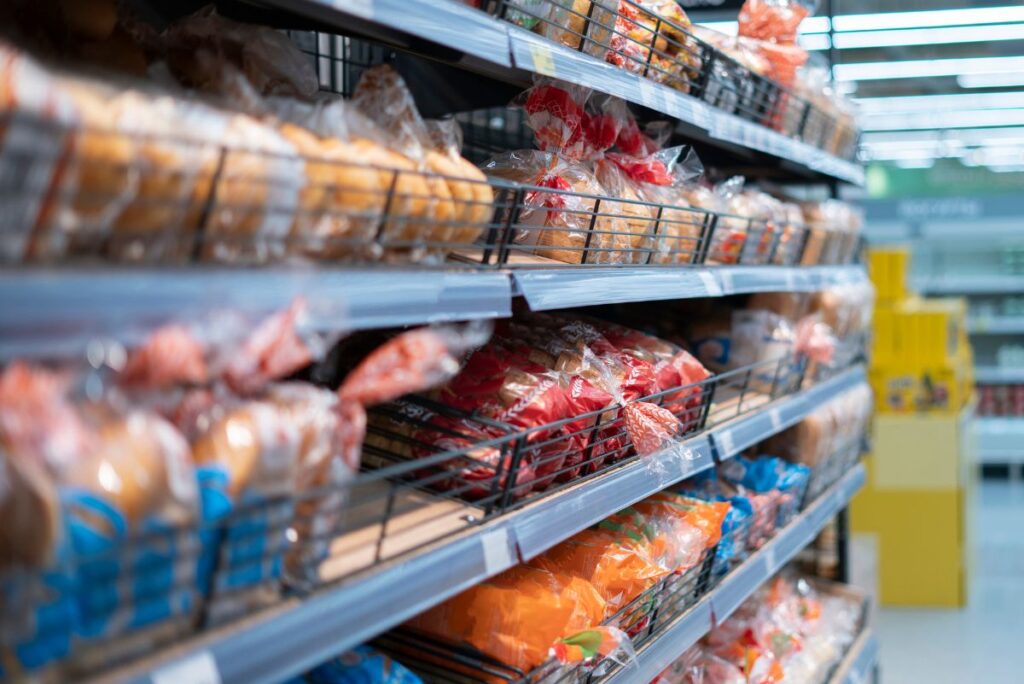DALLAS, TX — As the Delta variant causes uncertainty around returning to normal activities, new research and predictive modeling shows that attending large in-person business events such as industry tradeshows are safer than many daily activities like going to the grocery store. The research also suggested that hosting events does not increase local COVID-19 case rates.
The findings are the result of a research partnership between Freeman, a global leader in events, and Epistemix, a computational modeling software company that develops simulations to fight disease and inform public health policy. The data, which is the result of tracking more than 3 million responses, was presented in an Inside LIVE webinar, a recording of which is available to watch here.











